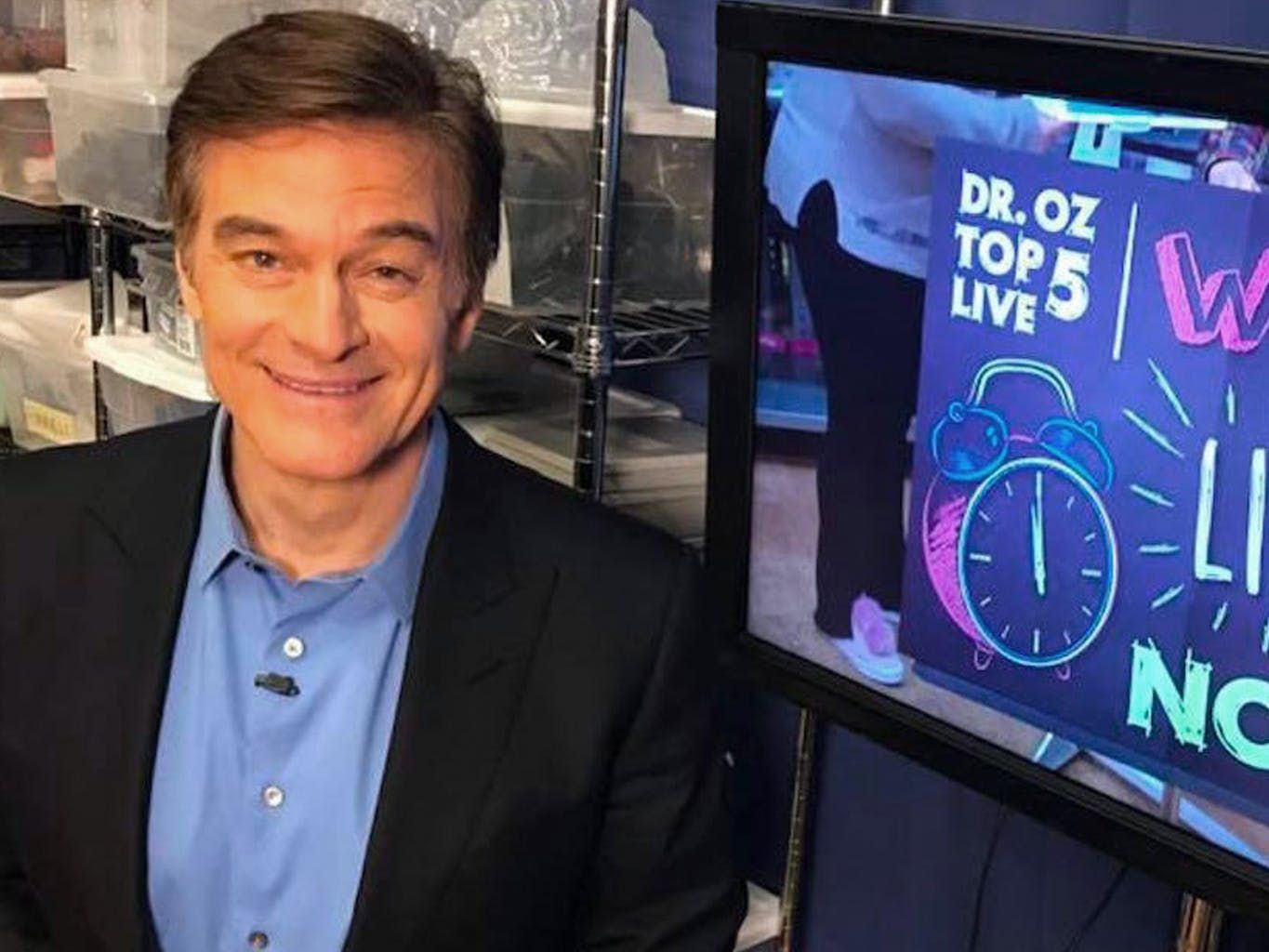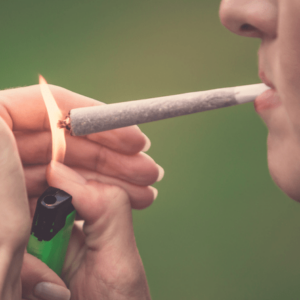The miseducation of the public on the healing effects of cannabis has had a huge impact on how stigmatized the plant is in our society. For example, its listing as a Schedule I substance with no medicinal benefits has led to the widespread misconception that cannabis is a gateway drug, which has been proven to be far from true. Cannabis may actually be the way out of abusing certain drugs and now this concept may have a popular proponent.
FOLLOW US ON FACEBOOK & INSTAGRAM
Marijuana Could Be the Answer to the Drug Epidemic
Surgeon and popular television personality Dr. Mehmet Oz has voiced his support for cannabis as an alternative to opioids in a recent appearance on Fox & Friends. Although he has been known to discuss some interesting and at times controversial practices on his show (most likely for ratings), his ability to take useful information about cannabis and share it with a mainstream audience who are not usually open to positive perspectives on marijuana is important. Especially his claim that marijuana “may be the exit drug to get us out of the narcotic epidemic.”
Cannabis and the Gateway Drug Myth
The term “gateway drug” refers to the idea that there are substances that are highly likely to lead to the use of harsher drugs with more intense effects. The idea behind the myth is that people who try and regularly consume cannabis will eventually grow a tolerance to the high and seek other substances. But this idea fails to address one important aspect of the plant, which is that it does more than just get you high—it improves your mood, helps relieve consistent stress and anxiety, reduces inflammation, helps decrease feelings of nausea, assists with symptoms related to insomnia, and it also plays a major role in the moderation of chronic pain.
RELATED: Myth-busting Marijuana: How the Gateway Theory Holds No Clout
Opioid Abuse in the United States
The opioid epidemic has been an ongoing issue for quite some time. The United States has a particularly long history of opioid abuse that dates back to the introduction of the hypodermic needle, morphine and eventually heroin. Now, these widely abused prescription drugs are responsible for large numbers of deaths among communities of color, veterans and other groups who have turned to the highly-addictive substance for pain relief. The use of these drugs continues despite evidence that cannabis could put an end to the cycle of dependence and misuse.
How Marijuana Helps with Chronic Pain
Cannabis can be a safer pain management option than opioids and has already been proven to effectively control chronic pain in a number of studies. A Harvard review found that from 1948 to 2015, six out of six general studies on chronic pain revealed that cannabis was responsible for significant improvements for sufferers and this year, a landmark study released by HelloMD and UC Berkeley showed that 92% of cannabis patients prefer using cannabis to opioids when managing their chronic pain.
The Support for Cannabis Keeps Growing
The increasingly undeniable proof of the efficacy of cannabis has inspired people who would not normally show support for cannabis to come forward, like Utah senator Orrin Hatch who has introduced legislation that seeks to expand medical marijuana research. His new bill is called Marijuana Effective Drug Study (MEDS) Act of 2017 seeks to loosen the restrictions for researchers who are trying to study the medical benefits of cannabis. This bill could not only have a major impact on the future of opioid abuse, but the management of other conditions as well.
If you are new to cannabis and want to learn more, take a look at our Cannabis 101 post. HelloMD can help you get your medical marijuana recommendation; it’s 100% online, private and efficient.






